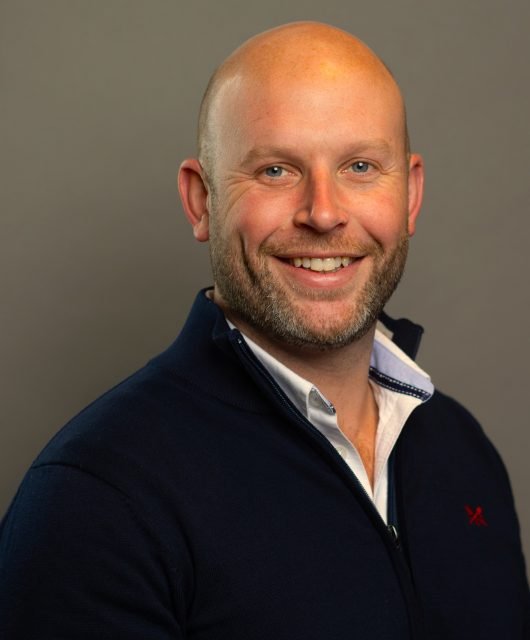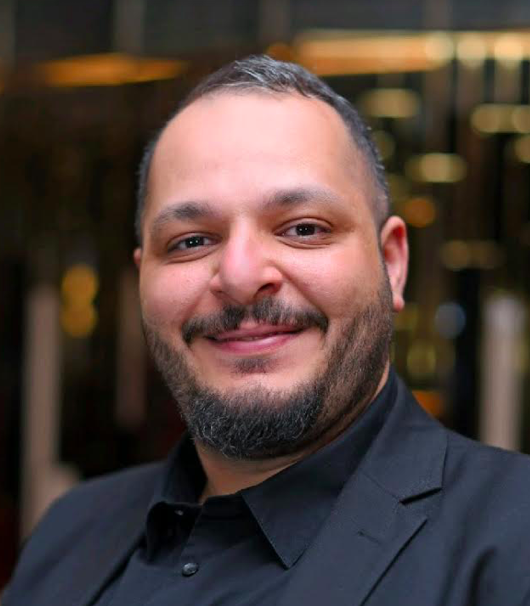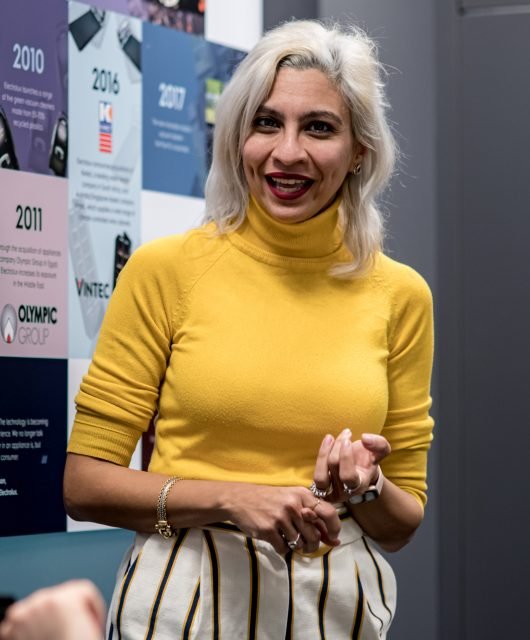Three Things Agencies Can Do To Think With Diversity In Mind, By FutureBrand’s Christina Kokkinakis
We’ve all heard the saying ‘great minds think alike’ but have we stopped to think how much of this is true? If we all had the same ‘great’ mind, how great would that actually be?

Diversity of mind is often the forgotten sibling in the diversity and inclusion conversation. Perhaps because encouraging diverse thinking within an organisation is less straightforward than hiring against a set of quotas. It’s complicated and at times messy, however it is something for which we should constantly be looking to create space.
In fact, despite a relatively strong inclusion score, the recent Australian Advertising 2021 Census highlights that one in five people say they’re likely to leave the industry based on discrimination or a lack of inclusion – this compares to one in seven in the World Federation of Advertisers (WFA) global census. The good news is there is an acknowledgement that active steps need to be taken and a clear appetite for change. So, where do we start?
Hire differently: open the door
From how job descriptions are written and posted through to the candidate review process – blind reviews, anyone? – there is an opportunity to encourage different ways of thinking and build a cognitively-diverse organisation.
This is one I am particularly passionate about as I stepped into the industry as a law graduate. At the time the Advertising Council Australia (then the Communications Council) had a graduate program that encouraged individuals with any degree to come be part of the advertising industry. Dentists, engineers, teachers and data analysts all in a room together on day one, all excited at the prospect of being in an industry that had the potential to drive change and influence culture.
Collaborate differently: design thinking tools
Look within your current ways of working and identify how diversity of thought might be promoted.
Create opportunities for equal contribution across cross-functional teams. Play with collaboration tools like Miro which encourage exactly that, enabling real-time idea generation and encouraging individuals to work at their own pace with people across different teams, locations and even time zones.
Grow differently: reverse mentoring or 360 feedback
There is no shying away from the fact our work is inevitably collaborative in nature. Fostering an open culture of communication – one that encourages constructive criticism – is critical to successful collaboration and team members in all types of roles feeling recognised within the process. Seek scrutiny from your peers: their thoughts and opinions can provide the light and shade we all need to help us grow.
If every person looks and thinks like you, you are likely to work in a harmonised organisation with consensus on everything. But that’s not the real world, is it? – the world in which our clients’ problems exist, and we help them find solutions too. Because “Diversity jolts us into cognitive action in ways that homogeneity simply does not.”
One of the most remarkable experiences I had was working with Google to develop a brand specifically for the NBU (Next Billion Users) in India. The Google project team had representation that exceeded just product and brand. The team consisted of an incredibly diverse range of individuals: one with experience working in non-for-profit outreach programs, another with experience in social housing support, another again with deep knowledge of the technical infrastructure in India, and so on. The objective was to consider those diverse and sometimes unexpected perspectives and in turn develop a better understanding of the problem first, and then the solution this product was aiming to deliver.
It is only when we can learn how to draw out diverse perspectives, build on them, and hero inclusivity in all our interactions that we can create teams, companies and an industry at large in which each and every one of us can feel seen, heard and represented. Because it won’t just make for a better industry, it will make for better solutions to the problems our world is facing.





